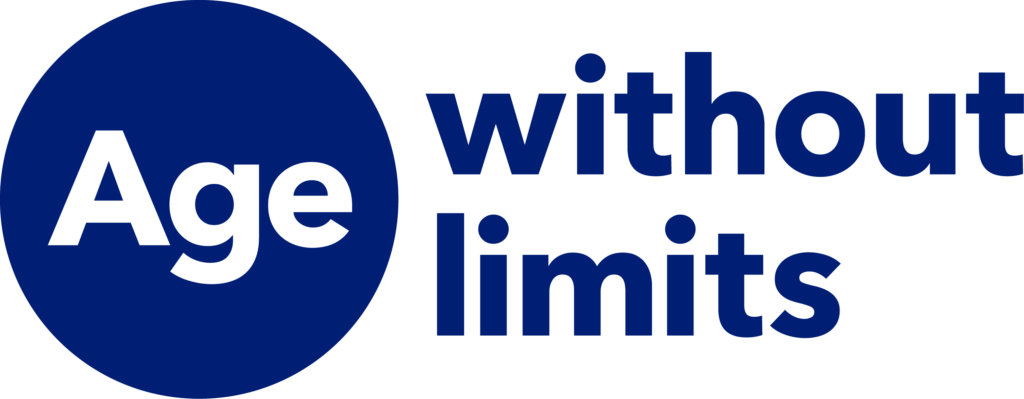Age Without Limits
By Dr Carole Easton OBE •
Jenna Smith/Centre for Ageing Better
Dr Carole Easton OBE, Chief Executive at the Centre for Ageing Better, discusses why ageism is a prejudice against our future selves and the launch of a new campaign challenging ageist beliefs and celebrating Age Without Limits!
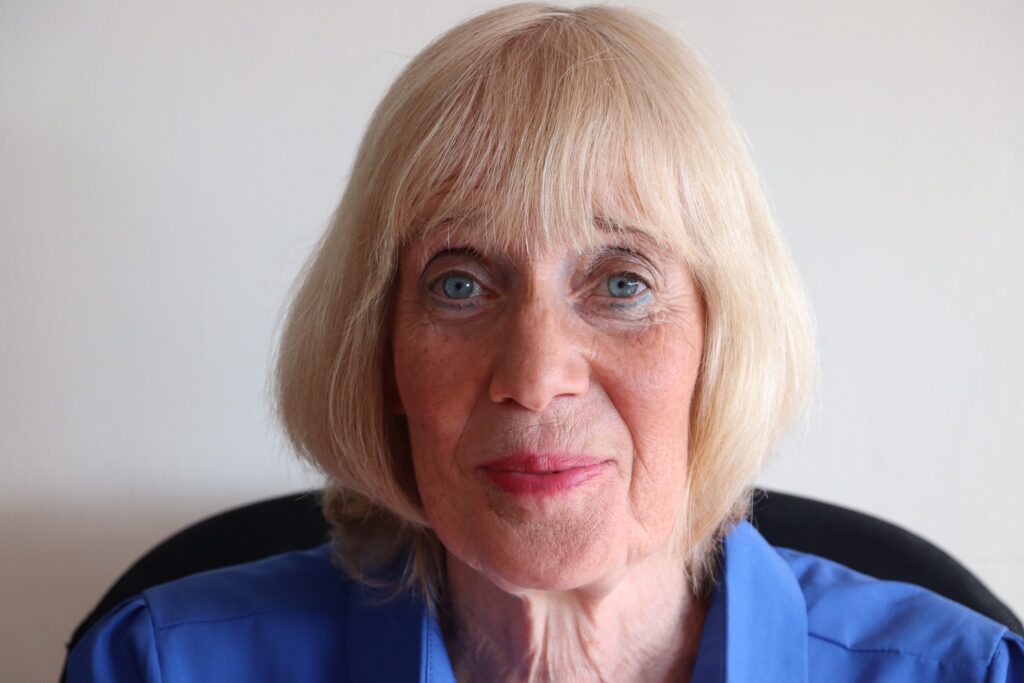
What inspired the Age Without Limits campaign?
Ageism is the most widespread form of discrimination with half of adults in England experiencing age discrimination in the last year. Unlike any other protected characteristic, age is universal. Regardless of race, gender, ability, sexual orientation – we are all ageing. Ageism affects everyone. Ageism is a prejudice against our future selves.
And yet it is a prejudice that is largely overlooked and ignored despite the enormous harm it has been shown to cause. It’s so embedded in our society that many of us neither recognise it when it’s directed towards us, nor acknowledge that we may be inadvertently contributing to the problem.
Regardless of race, gender, ability, sexual orientation – we are all ageing. Ageism affects everyone. Ageism is a prejudice against our future selves.
Thinking negatively about ageing and older people has been accepted and ignored for too long. The Age Without Limits campaign aims to spark a debate and conversation about what ageism is and to change the way we all think about ageing.
While this is the Centre for Ageing Better’s first public facing anti-ageism campaign, tackling the issue has been the underlying root of almost everything we have done as a charity since our founding in 2015 in developing age-friendly employment, work, health support and communities.
Why does ageism matter?
Ageism is dismissed as being harmless, but research shows that ageist ideas or beliefs can be incredibly damaging for us as individuals and for wider society. Ageism affects how we talk to older people and how we talk about them, how older people are treated in the workplace, in our communities, and even the healthcare that older people receive.
How we are represented, or indeed if we are represented at all, is important. We aim to challenge the often narrow, negative and stereotypical way that older people and ageing is portrayed in our society – after all, you cannot be what you cannot see.
Ageism affects how we talk to older people and how we talk about them, how older people are treated in the workplace, in our communities, and even the healthcare that older people receive.
Often unknowingly, we internalise the negative stereotypes and misconceptions about ageing we are bombarded with every day. They become a self-fulfilling prophecy, affecting the way we perceive ourselves, our self-esteem and what we think we are capable or worthy of. They limit the kinds of activities we do, even the way we dress.
We would be a much fairer, healthier and more prosperous society without ageism.
Why is ageism one of the last, if not the last, discrimination to get significant public or political attention?
It really is baffling why ageism is so neglected when you think that it is the prejudice that could impact every single one of us.
If you have the good fortune to grow older, unfortunately you are also very likely to experience ageism at some point in your life.
So the prevalence of ageism in society is absurd really because we all should have an interest in seeing its demise. Ageism is the prejudice against our future selves.
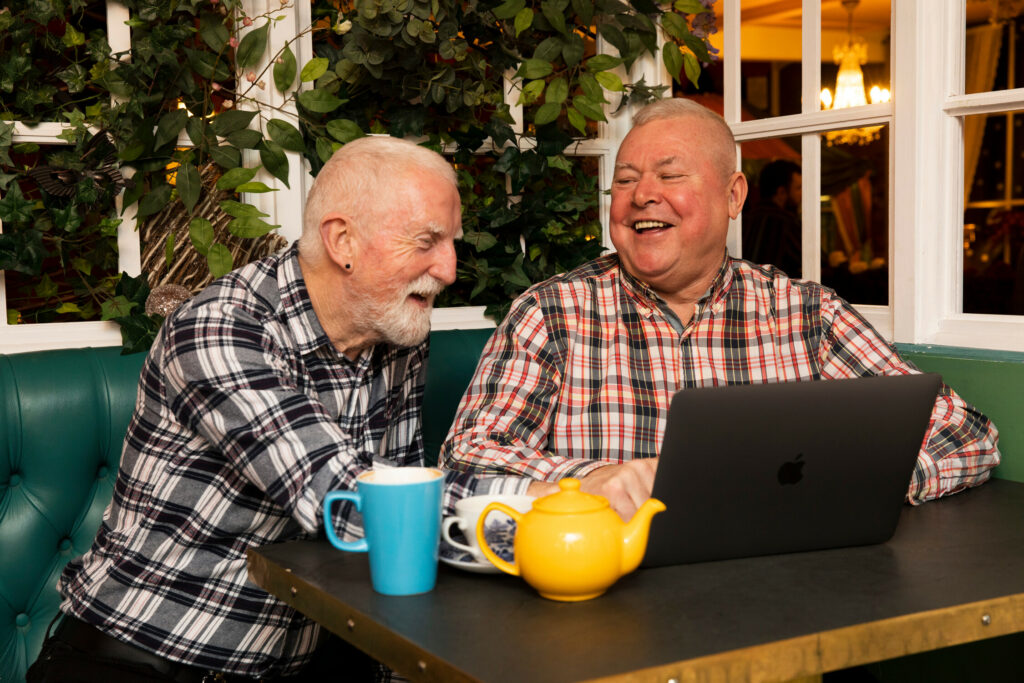
Is ageism really seen as discriminatory?
Ageism is the unfair treatment of people based on their age. It can take the form of stereotyping, discrimination or prejudice directed towards a person because of their age. We can be ageist about other people but also about ourselves.
Age is a protected characteristic so by legal definition, ageism is discrimination.
One of the reasons why ageism has been allowed to flourish in our society for so long is the fact that we are so quick to dismiss ageism as merely “harmless banter” or “just a bit of fun” when it is in fact very harmful discrimination.
What makes ageism so difficult to stamp out?
Ageism is so difficult to stamp out because it is so ingrained within society. Our recent research suggested that 40% of people have never really thought about ageism before, with one in ten people believing it doesn’t exist. And yet we are bombarded with ageist messaging everyday through the media and marketing.
If you have the good fortune to grow older, unfortunately you are also very likely to experience ageism at some point in your life.
It is also tied up in our everyday language. There are so many phrases that, when we really think about them, are loaded with ageist connotations and which effectively equate older or ageing with a negative. Many of us will use such phrases frequently without considering their implications or how they might make other people feel when they hear them.
It is also an issue that is completely overlooked within society. The fact that our campaign is the first of its kind to tackle ageism shows how neglected the issue has been.
What do you think is the most frustrating myth about ageing?
Sadly, there are almost too many myths that need busting about age and ageing to mention.
One of the most common and most damaging is the ageist assumption that getting older is predominantly about frailty, decline and dependency.
In reality, ageing is a lot more complex, nuanced and diverse than these phrases allow for.
This is an association that is commonly overestimated. For example, the large majority of us will not get dementia or live in care homes. Just one in ten people aged 65 and over are defined as frail.
And yet its prevalence means that many people view getting older with great trepidation for what they will lose, not with hope about what they will gain.
Many people think that pain and suffering is an inevitable consequence of getting older, rather than seeing any pain as a problem that could be resolved with the right solution.
What words and phrases most signify an ageist bias?
In the workplace, there are many words and phrases that are used either intentionally or carelessly by employers which might signal to an older worker that they might be at a disadvantage in applying to work for them or that an organisation does not have the right age-inclusive culture.
Older workers have told us that the wording in recruitment adverts often indicates to them that employers are looking for younger applicants without explicitly saying so. This wording often draws on unsubstantiated ageist stereotypes.
These can include the use of “dynamic”, “fast-paced”, “recently-qualified”, “fun”, “energetic”, “go-getting” and “long hours”.
In everyday language, there are many common phrases that, if we just take a step back and truly consider their meaning and messaging, we might not use again.
“Young at heart”, “Can’t teach an old dog new tricks” and “Having a senior moment” are everyday phrases we all hear yet they all perpetuate extremely negative assumptions around ageing being a time of loss of energy and enthusiasm, a lack of flexibility and a loss of cognitive function.
In reality, ageing is a lot more complex, nuanced and diverse than these phrases allow for.
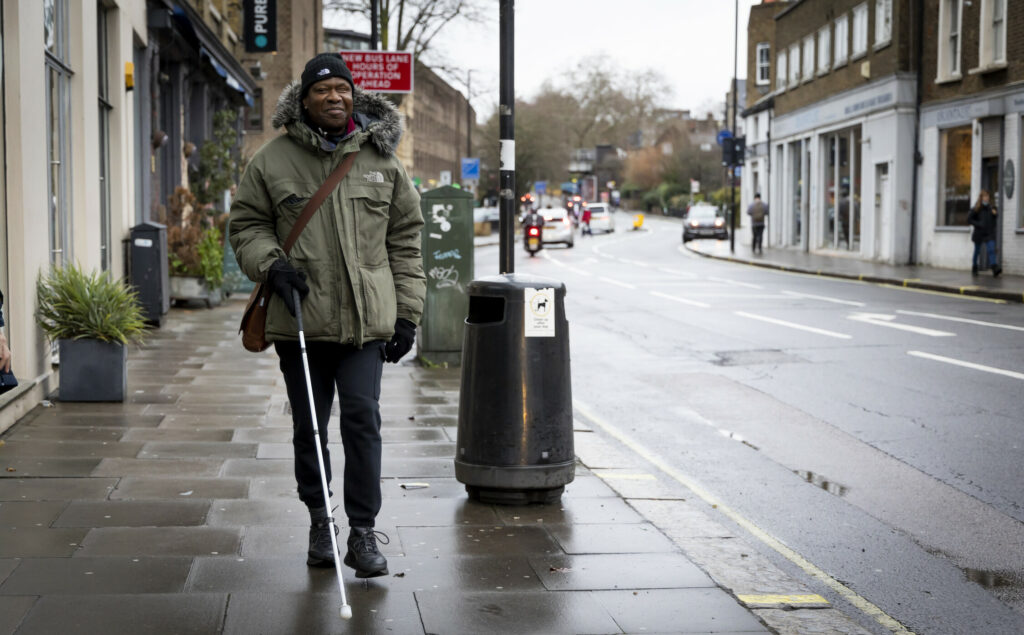
How can older people enforce their rights when they are being discriminated against?
We know that ageism is one of the most common forms of discrimination at work – and it is illegal since age is a protected characteristic under the Equality Act 2010.
If you think you have experienced ageism at work or in recruitment you can visit ACAS for advice and guidance on making a complaint.
You could also look at your own workplace policies – and perhaps suggest to your employer that they consider signing up to the Age-friendly Employer Pledge.
Citizens Advice has some good resources if you think you are experiencing ageism as a consumer of goods or services.
For more general support around ageing, you can call the Age UK Advice Line on: 0800 678 1602.
What can workplaces/ organisations do to be less ageist?
There are many steps that an employer can take to improve their recruitment, retention and development of older workers.
They could look to analyse their workforce by data to help find out where their biggest age-inclusive challenges lie or create an age-friendly culture by challenging stereotypes about older workers.
Just one in ten people aged 65 and over are defined as frail.
They should also consider how to hire age-positively by checking the language in their job ads, they need to be flexible about flexible working, make sure that they encourage career development at all ages and ensure everyone has the health support they need.
They can also join the more than 300 businesses and organisations who have signed our Age-friendly Employer Pledge since it launched in November 2022. The free nationwide programme helps employers commit to improving work for people in their 50s and 60s and take the necessary action to help them flourish in a multigenerational workforce.

What can individuals do to be less ageist?
Our Age Without Limits campaign is initially asking people to take the first step in tackling ageism by reflecting and questioning their own attitudes towards ageing and to acknowledge the ideas that have unknowingly become part of their thinking.
We want people to think about the words and phrases they use and consider what they are really saying and the implications of the wording they use. Our online Are You Ageist? quiz at agewithoutlimits.org is a good starting point for this process.
We also want people to challenge the things they see and hear.
In everyday language, there are many common phrases that, if we just take a step back and truly consider their meaning and messaging, we might not use again.
Whether that’s questioning negative stereotypes, or informing discussions and debates, having conversations; all of these can be powerful first steps to challenge the societal norms of ageism. This might be a chat with family and friends, or starting a conversation in our communities or having a discussion at work. We have a useful guide to challenging ageism through everyday conversation on the resources section of our website.
How can people get involved in the Age Without Limits movement?
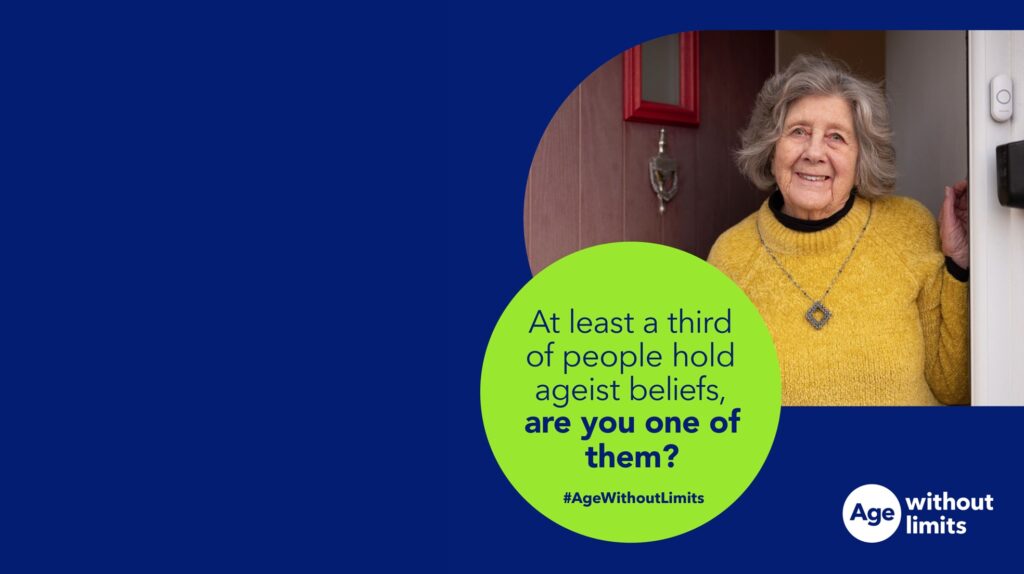
There are many ways for people to get behind the Age Without Limits campaign and we would encourage everyone to visit agewithoutlimits.org to find out more.
We want everyone toplay their part in spreading the messaging of the campaign with their friends, families and networks by following us on social media and sharing our posts.
Anyone looking for more information can sign up to join our Age-friendly Movement and receive regular updates on the campaign.
And there’s also the opportunity for people to share their own stories of ageism, age discrimination or positive ageing stories at the website.
Finally, we hope as many people as possible can join the Age Without Limits Action Day on Wednesday 20 March. You can download our free Action Day pack and materials here.
People up and down the country will be taking part in events celebrating the diversity in ageing and challenging the often narrow, negative and stereotypical way that older people and ageing is portrayed in our society.
Look out for listings of Action Day events in your area at agewithoutlimits.org very soon.
More Information
About the Author, Dr Carole Easton OBE, Chief Executive at the Centre for Ageing Better.
In her role as Chief Executive of the Centre for Ageing Better, Carole is leading our vision of creating a society where everyone enjoys later life.
Carole has had an extensive career in the voluntary sector with previous roles including Interim Chief Executive at Refuge, Interim Joint Chief Executive at the British Lung Foundation and Chief Executive at the Young Women’s Trust.
About the Centre for Ageing Better
Everyone has the right to a good life as they get older and our whole society benefits when they do. But far too many people face huge barriers that prevent them from doing so.
As a result, many older people are living in bad housing, dealing with poverty and poor health and made to feel invisible in their communities and society.
The Centre for Ageing Better is pioneering ways to make ageing better a reality for everyone.
Its key areas of work include challenging ageism and building a nationwide Age-friendly Movement, creating Age-friendly.
Follow Age without Limits below!
- facebook.com/AgeWithoutLimitsOrg
- linkedin.com/company/ageing-without-limits
- Instagram @AgeWithoutLimitsOrg
- Twitter/X @AgeWithoutLimit
